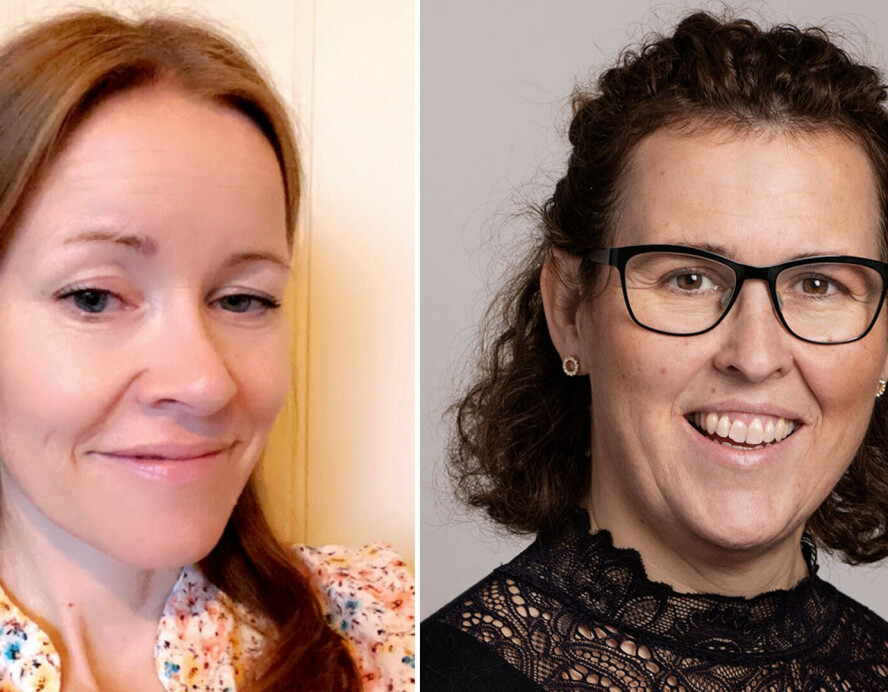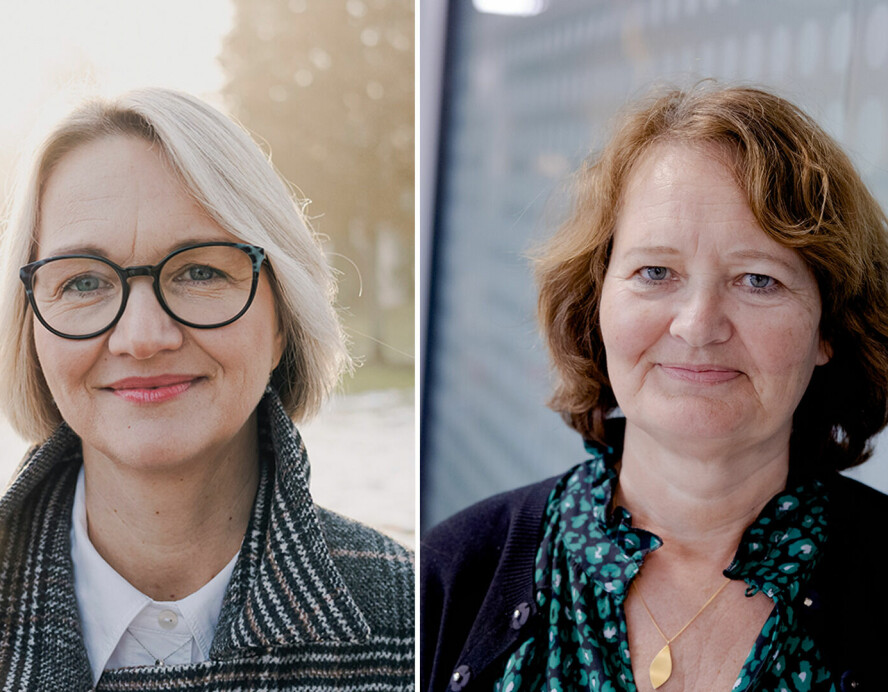Important signals from the EU on Open Access
It is in society’s interest - and also in our own interest as scientists - that what we publish actually reaches all those who need the knowledge and who benefit from it, writes Rector at University of Oslo, Ole Petter Ottersen about the new signals from EU on Open Access.
OBS! Denne artikkelen er mer enn tre år gammel, og kan inneholde utdatert informasjon.
It is in society’s interest - and also in our own interest as scientists - that what we publish actually reaches all those who need the knowledge and who benefit from it. Knowledge should be a public good. This is the backdrop for a new press release (May 27) from the European Union: “The transition towards an Open Science system”.
For the Norwegian versjon of this blog entry click here
Open access to research is not a new idea – far from it. Vannevar Bush believed that everyone should be able to drink freely from “the pool of knowledge”. His report Science - the Endless Frontier (1945) - which helped pave the way for US research hegemony after the war – argued that universities should make knowledge available to all. This would be to the best for the business community and society at large.
«The transition towards an Open Science system» is about open access to research articles and research data. The release comes after the meeting of the Competitiveness Council (COMPET), which gathers EU ministers responsible for research and innovation.
The goals are ambitious. The Council asks that all European scientific papers should be freely accessible from 2020. Publicly funded research should be freely available to all− an objective shared by of the The Research Council of Norway and the Norwegian government.
Important signals from the EU on Open Access.
Ole Petter Ottersen
We do not know how the EU will set out to implement the new requirements. What is certain is that it will require an effort on the part of our own institutions. This is not about publishing in Open Access journals: The ambition is that articles should be made publicly available, regardless of journal.
The initiative was taken under the Dutch presidency of the European Council. The Netherlands has put in place national Open Access agreements with major publishers to ensure that Dutch research is freely available to all. The Netherlands is quite simply a model for the rest of Europe.
The EU is now establishing an expert group for an Open Science Policy Platform (OSPP). The group will consist of stakeholders from different parts of the research sector. The group will provide the European Commission with advice and recommendations on policy development related to open access, and also contribute to implementation. The group will look at the current incentive schemes for research evaluation, alternative models for Open Access publishing and guidelines for handling and reuse of research data.
What is going on in Norway?
On June 15, the Brekke Committee (a working group on national guidelines for open access to research results) will present its recommendations on what Norwegian institutions and researchers should do to promote open access. We expect advice and suggestions for policies that can bring us many steps forward towards a world where knowledge is not hidden behind paywalls that are insurmountable for many. And we expect that the working group has the courage to challenge the big international publishers.
We will not be able to reach our aims unless these publishers agree to change their business models. Together with a number of other institutions, UiO has signed the Expression of Interest in the Large-Scale Implementation of Open Access to Scholarly Journals, and we support the efforts to change the way journals are financed.
From the current subscription-based model, we would like to see journals move to provide open access to all articles. We will continue to pay journals and publishers for the work they do, but not in the form of subscriptions. We would rather pay for publishing articles «in advance» so that articles from UiO’s researchers are open to all. Those who pay for the research through the tax system should also be able to access the results of the research.
Almost 600 years ago the development of the printing press led to dramatic changes in how knowledge was spread and communicated. This did not happen without opposition. Today digitalization opens for an equally dramatic change towards the democratization of knowledge. Again we see that new opportunities meet with resistance. But I am convinced that we all will see how absurd it is to have dollars, euro, pound or Norwegian kroner intervene between the keystrokes on your PC and your access to «the open pool of knowledge».
It’s time that knowledge becomes a public good.
First published at the blog of Ole Petter Ottersen, UiO






Logg inn med en Google-konto, eller ved å opprette en Commento-konto gjennom å trykke på Login under. (Det kan være behov for å oppdatere siden når man logger inn første gang)
Vi modererer debatten i etterkant og alle innlegg må signeres med fullt navn. Se Khronos debattregler her. God debatt!